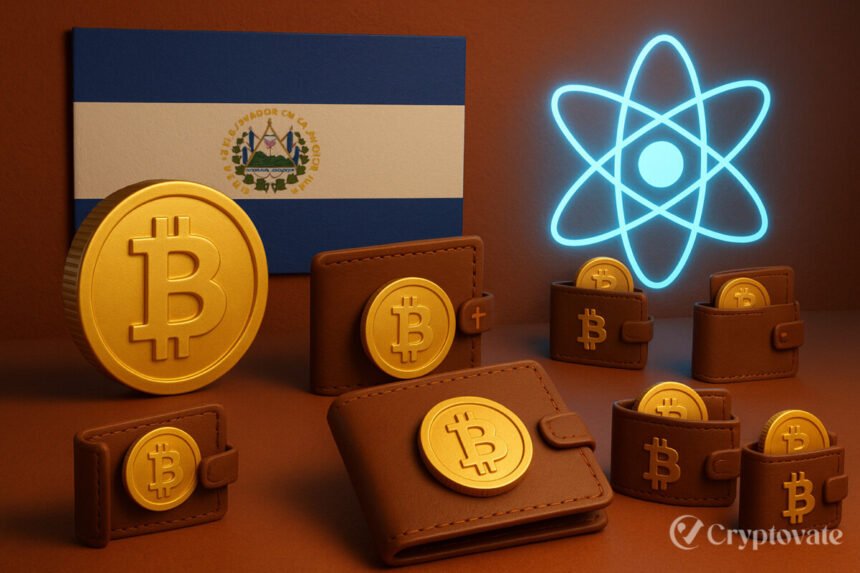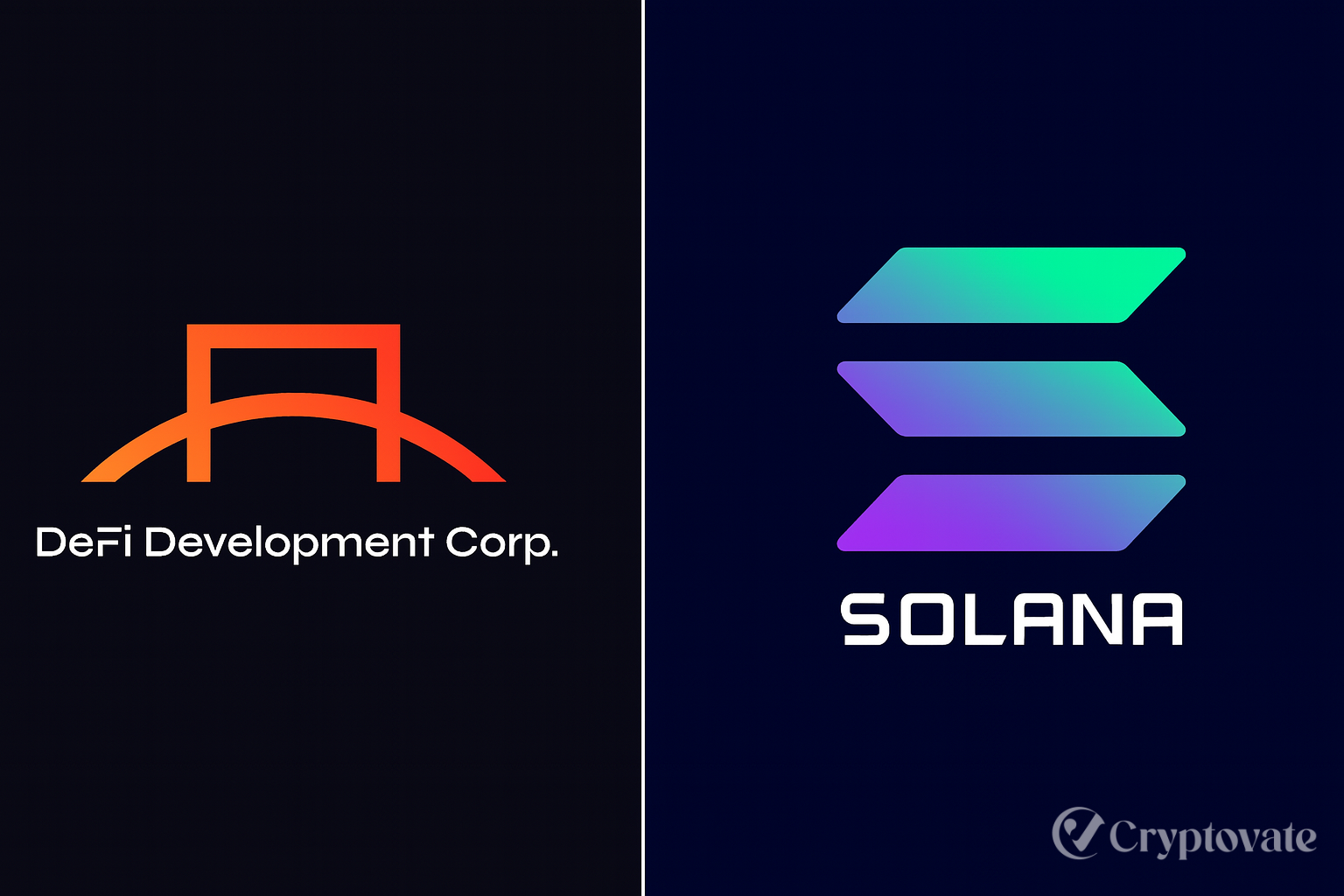– Ad –
| Getting your Trinity Audio player ready... |
El Salvador, the first country to adopt Bitcoin as legal tender, has taken significant steps to secure its Bitcoin holdings against emerging technological threats, specifically quantum computing. The government has redistributed its Bitcoin reserves into multiple wallets to reduce the risks posed by quantum technologies that could compromise current cryptographic systems. This strategic move highlights El Salvador’s Bitcoin crypto strategy and sets a precedent for other nations and institutions holding Bitcoin reserves.
El Salvador Bitcoin Holdings Split Across Multiple Wallets
As of late 2025, El Salvador Bitcoin holdings, totaling over 6,274 BTC (worth approximately $678 million), have been transferred across 14 different addresses. Previously stored in a single wallet, the funds are now split, with each wallet holding no more than 500 BTC.
This decision comes in response to growing concerns about quantum computing and its potential to break the encryption mechanisms that secure Bitcoin transactions. While quantum computers are not yet capable of breaking Bitcoin’s current cryptography, experts warn that this could become a threat in the future. By distributing the holdings across multiple wallets, El Salvador minimizes the risk of a single wallet being compromised by a quantum attack.
How El Salvador Bitcoin Holdings Strategy Enhances Security
The multi-wallet strategy isn’t just a precaution—it also has tangible security benefits:
- Reduced exposure: By spreading Bitcoin across multiple wallets, El Salvador decreases the chance of losing its entire reserve if one wallet is targeted.
- Enhanced control: Each wallet can be monitored and updated independently, providing better control over assets.
- Public accountability: The government has made this redistribution public, adding transparency and trust to its Bitcoin crypto strategy.
This proactive approach is vital for countries and institutions holding significant Bitcoin reserves. It showcases how crypto can be integrated into national policy while safeguarding the asset’s security in the face of technological advancements like quantum computing.
Why Bitcoin Security Matters: The Quantum Computing Risk
As quantum computing progresses, it poses a real challenge to traditional encryption methods used in cryptocurrencies like Bitcoin. Quantum computers can theoretically solve complex mathematical problems that would take classical computers years, possibly enabling attackers to break the cryptographic security of Bitcoin wallets.
El Salvador’s decision to split its Bitcoin holdings across multiple wallets reflects the growing concern that quantum computing could eventually affect the security of Bitcoin transactions. While this is a precautionary measure, it highlights the need for crypto wallet protection against future technological risks.
Conclusion
El Salvador Bitcoin holdings are now protected through a multi-wallet strategy, making the country a leading example of how to address future risks like quantum computing. This move shows how forward-thinking measures are essential in safeguarding digital assets, especially for institutions and governments that hold significant amounts of Bitcoin. As quantum computing advances, more countries may follow suit to secure their Bitcoin reserves.
Also Read: El Salvador BTC Banks Open New Era for Accredited Investors
FAQs
What prompted El Salvador to divide its Bitcoin holdings?
El Salvador split its Bitcoin holdings to reduce the risk posed by potential quantum computing threats, which could compromise the security of Bitcoin wallets.
How does splitting Bitcoin across multiple wallets improve security?
Distributing Bitcoin across several wallets lowers the risk of losing the entire reserve in case one wallet is compromised.
Is quantum computing currently a threat to Bitcoin?
While quantum computers cannot currently break Bitcoin’s cryptography, experts predict that they could pose a risk in the future as technology evolves.
Will other countries follow El Salvador’s example?
El Salvador’s decision may encourage other nations and large institutions to adopt similar strategies to protect their Bitcoin reserves from future risks.

















